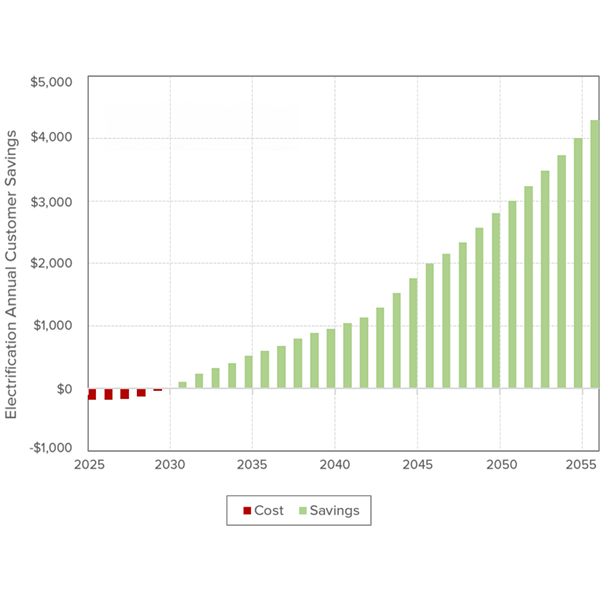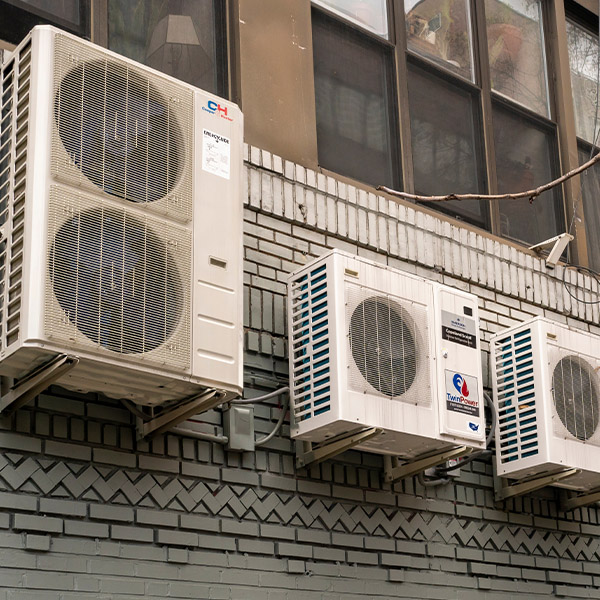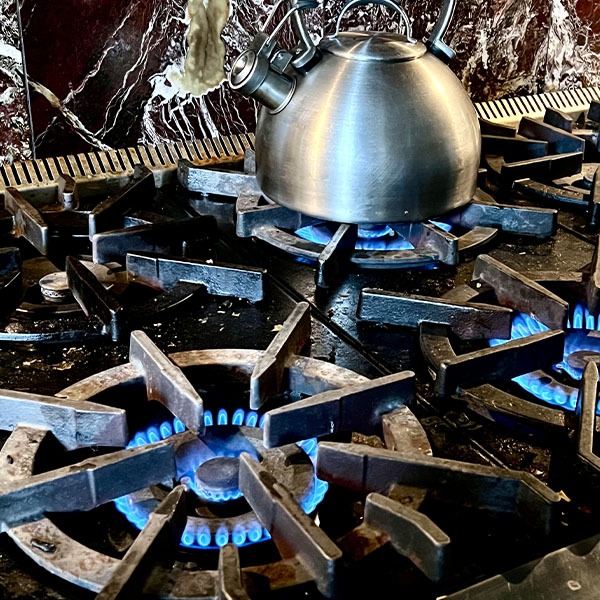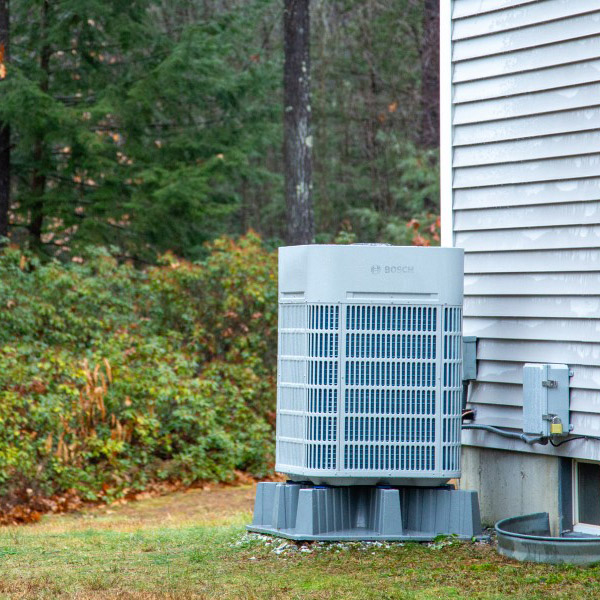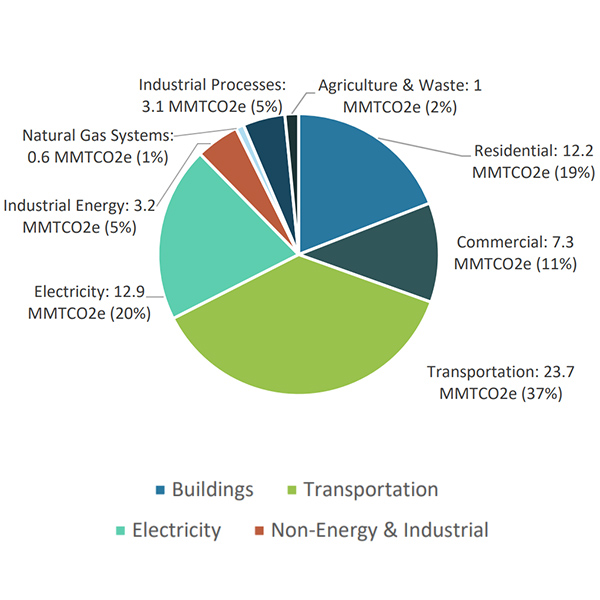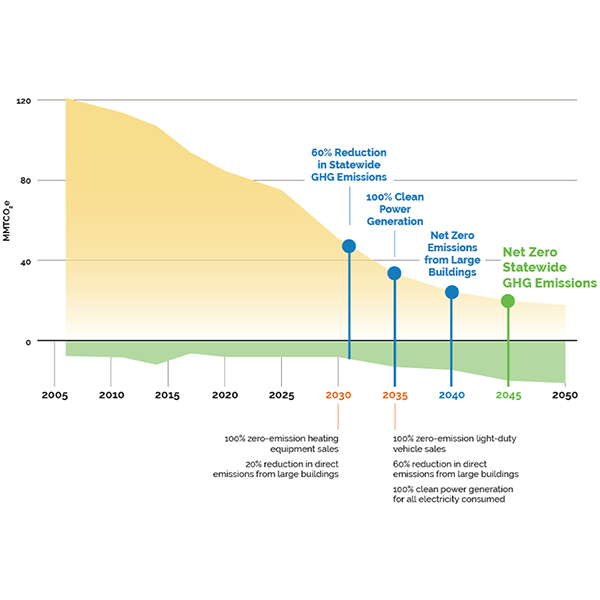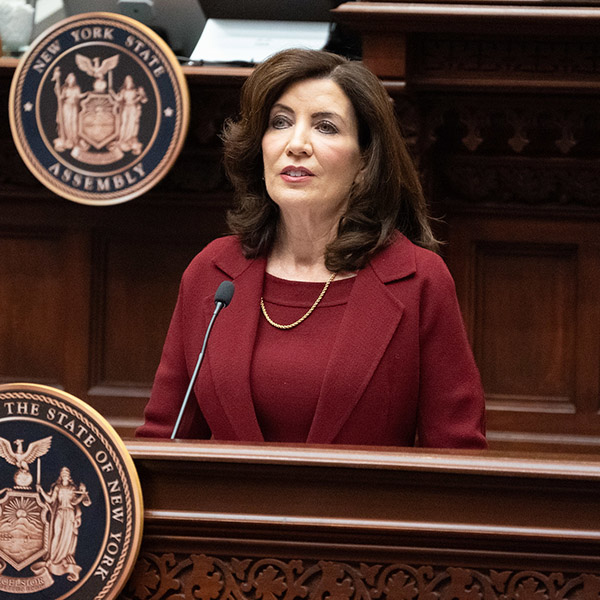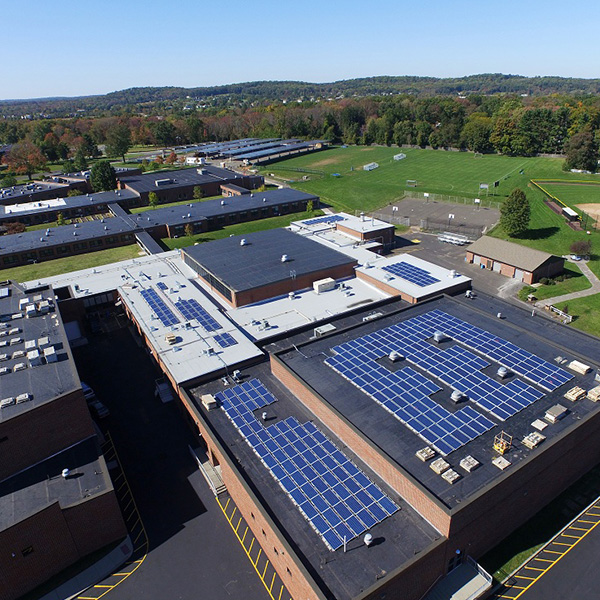Building Decarbonization
A recent report by Groundwork Data illustrates the savings in store for all-electric building owners as gas costs increase in the state.
Slower anticipated growth in California’s population has prompted state regulators to downwardly revise the electricity demand forecast used for grid planning.
A memorandum of understanding announced Feb. 7 sets a goal of heat pump technology comprising 65% of residential heating, cooling and water heating equipment sales by 2030.
The U.S. Department of Energy has finalized new efficiency standards for residential cooking appliances, ushering in modest increases that will take effect in January 2028.
Consolidated Edison has been cleared to undertake another major system upgrade to meet growing electricity demand in New York City.
The Department of Energy announced four companies have developed high-efficiency cold climate heat pumps as part of its Residential Cold Climate Heat Pump Technology Challenge.
“The clock is ticking,” Sen. Mike Barrett, Senate co-chair of the legislature’s Joint Committee on Telecommunications, Utilities and Energy, told NetZero Insider.
Maryland will have to come up with an extra $1 billion yearly to pay for proposals in its newly released Climate Pollution Reduction Plan.
New York’s governor is proposing to streamline the transmission permitting process, which she calls a chokepoint that is slowing progress of the state’s clean energy transition.
Clean energy in New Jersey moved forward in 2023 with community solar and Advanced Clean Cars II, and in reverse with the shutdown of the Ocean Wind offshore development.
Want more? Advanced Search
